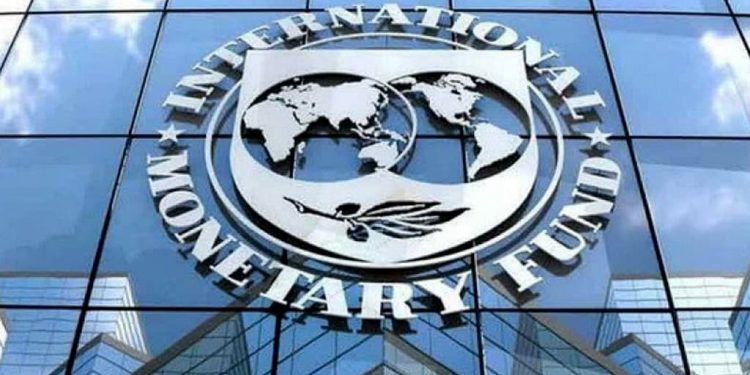The International Monetary Fund (IMF) has expanded its Executive Board to include a 25th chair, with three of the new seats designated for Sub-Saharan Africa (SSA). This expansion, which comes after the completion of the IMF’s 2024 Regular Election of Executive Directors on October 25, marks a historic step in enhancing regional representation within the organisation.
The move follows a call by the International Monetary and Financial Committee (IMFC) during the 2023 Annual Meetings in Marrakech, Morocco, for greater representation of Sub-Saharan Africa at the IMF. The region’s voice has been increasingly amplified, and this reorganisation is expected to improve its influence within the IMF’s decision-making processes.
In a statement released by the IMF’s media centre, it was revealed that the IMF’s Board of Governors had approved the creation of a 25th chair on July 16, allowing for the reorganisation of the 45 SSA member countries into three new constituencies: Central and Eastern Africa, Southern Africa, and West Africa. Previously, the 45 countries were represented in two constituencies. This change received overwhelming approval, with more than the required 85 per cent majority of total voting power supporting the resolution.
IMF managing director Kristalina Georgieva celebrated the expansion as a “historic milestone” for both the IMF and the African continent. She emphasised that the addition of a third African chair not only reflects Africa’s significant progress in human and economic development but also strengthens the continent’s voice in global financial discussions.
This expansion marks the first increase in the size of the IMF’s Executive Board in over three decades, with the last expansion occurring in 1992 following the dissolution of the Soviet Union, which led to the creation of two additional chairs for new member countries. The new board structure officially came into effect on November 1, 2024.
With the addition of this new chair, Sub-Saharan Africa’s representation will now more effectively reflect the region’s growing economic significance, and it is expected to bring the IMF closer to the populations it serves across the continent.





